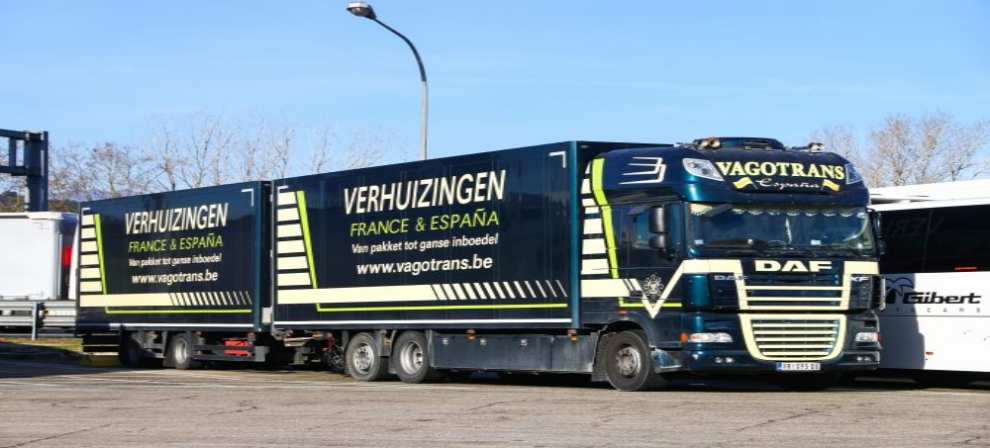Road transport operators have welcomed plans to revise Trans-European Transport Network (TEN-T) regulations to better accommodate what have been described as the continent’s “abandoned” truckers.
The European Parliament’s Transport Committee voted last week to reopen negotiations with the European Council and the EC with an aim to impose binding deadlines on construction and opening of safe and secure parking sites across the European road network.
European Road Hauliers Association secretary general Marco Digioia told The Loadstar: “We believe this vote is an indication that things are headed in the right direction, as provision of safe and secure parking is, if not the solution, then certainly part of the solution to addressing the escalating driver shortage across Europe.”
Mr Digioia said last year the driver shortage was at half a million, and the IRU said this number was on course to increase by 40% this year.
While they have yet to confirm if the expected spike occurred, the impact would see some 14% of haulage moves go unfulfilled.
IRU director of EU advocacy Raluca Marian told The Loadstar: “We are happy to see that the committee’s desire to improve the conditions of rest areas is fuelled by a sense of urgency.
“The EU’s road transport sector lacks hundreds of thousands of drivers, with two million unfilled driver positions forecast for 2026 if things don’t change. We should do whatever we can to make the driver profession more attractive.”
The revised regulations are expected to impose a 2030 deadline for opening new facilities on the core network and 2040 for the comprehensive network.
One driver told The Loadstar that while the number of “decent” truck stops was indeed wanting, the issue was as much to do with a lack of capacity in pinch points, which “forces drivers into using inadequate facilities or parking up on roads”.
The committee will also advocate the introduction of more alternative fuel technologies, such as hydrogen, in multimodal hubs and terminals in an effort to match the green movement’s policies with practicalities.
Ms Marian said: “It’s vital to have adequate charging and refuelling infrastructure in urban nodes for the wide uptake of alternative fuel. Limiting charging and refuelling to depots ignores the economic reality that most road operators are small entities which cannot afford such investments.”
Source : The Loadstar















